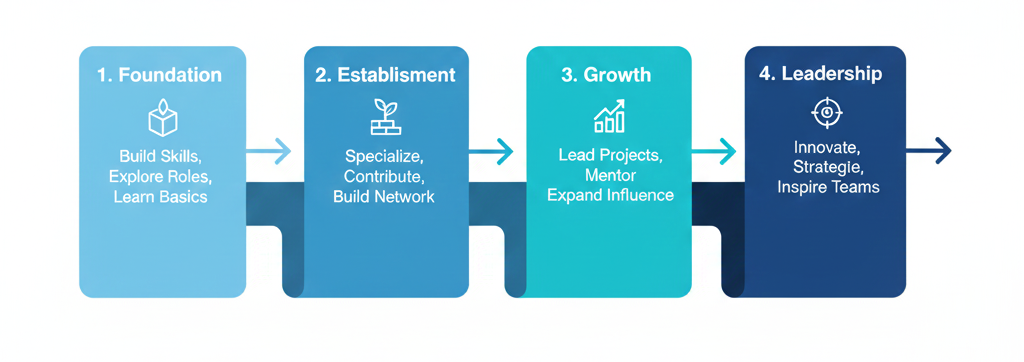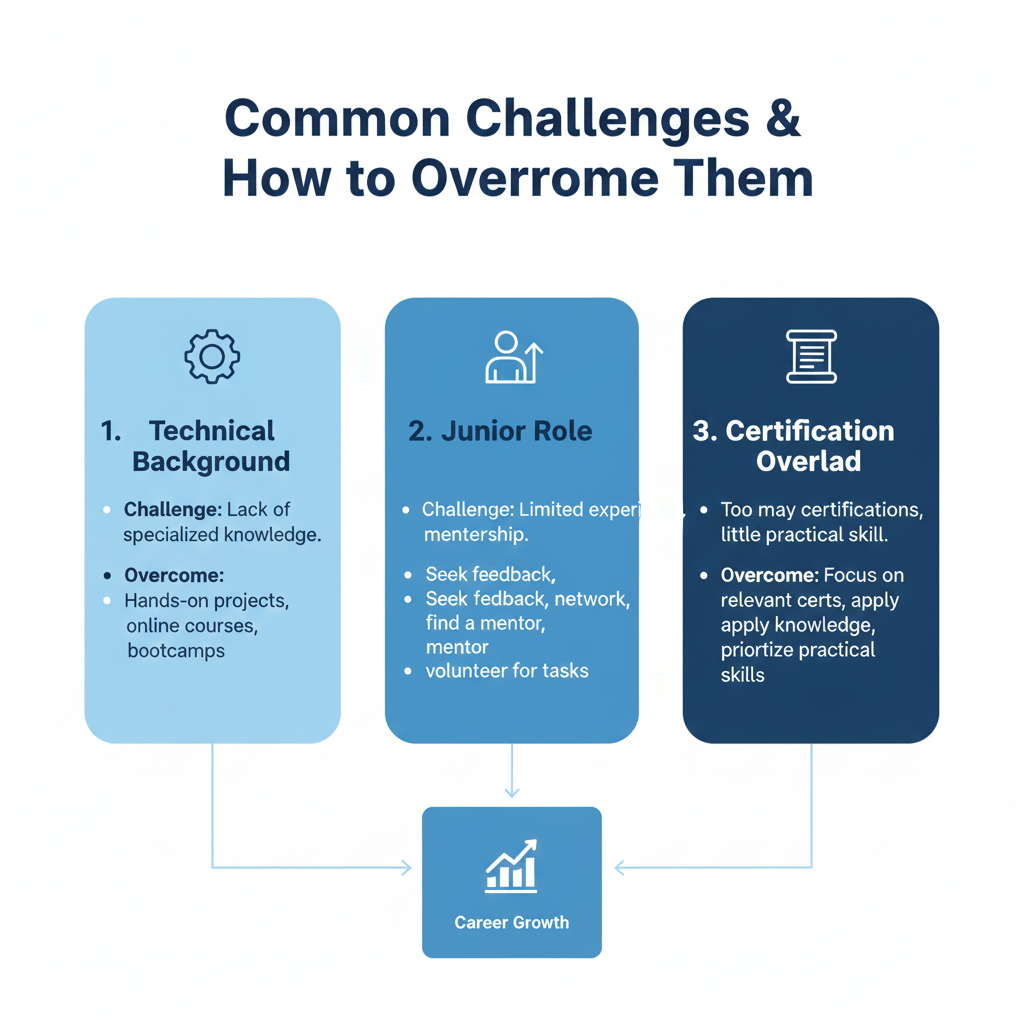Introduction
Every successful career begins with a roadmap. For those who dream of becoming a professional Business Analyst (BA), the journey is both exciting and transformative. Unlike many careers that follow linear growth, business analysis demands a blend of technical knowledge, domain expertise, communication mastery, and strategic vision.
Over the last 20 years of mentoring analysts and consulting on complex projects, I’ve seen career paths evolve dramatically. Today, at CuriosityTech (https://curiositytech.in), we coach aspiring professionals in Nagpur and across India to build structured career roadmaps. This ensures that instead of wandering through trial and error, they move with clarity and confidence.
1. Why a Roadmap Matters
- Clarity: Defines where you are and where you want to go.
- Skill Building: Identifies technical and soft skills needed at each stage.
- Avoids Career Stagnation: Ensures continuous progress.
- Global Opportunities: Positions you for international BA roles.
2. Stages of a Business Analyst’s Career
Stage 1: Foundation (0–2 Years)
- Background: Fresh graduates or professionals transitioning from other roles.
- Focus Areas:
- Learn business analysis basics (requirements, workflows, stakeholder mapping).
- Practice documentation tools (MS Excel, Word, PowerPoint).
- Get exposure to Agile and Waterfall methodologies.
- Key Certifications: ECBA (Entry Certificate in Business Analysis).
Stage 2: Growth (2–5 Years)
- Background: Junior BAs building domain-specific expertise.
- Focus Areas:
- Master modeling techniques (BPMN, UML).
- Learn project tools like Jira, Confluence, Miro.
- Build soft skills: negotiation, stakeholder communication.
- Certifications: Agile BA Certification, Scrum Fundamentals.
- Career Milestone: Taking ownership of small projects or modules.
Stage 3: Establishment (5–10 Years)
- Background: Mid-level BAs shaping organizational change.
- Focus Areas:
- Deep expertise in at least one industry (banking, healthcare, IT).
- Conduct feasibility studies and risk assessments.
- Mentor junior analysts.
- Lead requirement elicitation workshops.
- Certifications: CCBA (Certification of Capability in Business Analysis).
- Career Milestone: Recognition as a trusted partner by project stakeholders.
Stage 4: Leadership (10+ Years)
- Background: Senior BAs, Consultants, or Product Managers.
- Focus Areas:
- Strategic advisory roles in digital transformation.
- Drive large-scale organizational change.
- Lead multi-domain projects.
- Contribute to innovation (AI, automation, digital strategy).
- Certifications: CBAP (Certified Business Analysis Professional), PMI-PBA.
- Career Milestone: Moving into leadership roles like BA Manager, Product Owner, or Enterprise Architect.
3. Career Roadmap Visualization

4. Key Skills to Develop Along the Journey
| Skill Type | Examples | Importance at Stage |
| Technical Skills | BPMN, UML, SQL, Power BI, Jira | Foundation → Growth |
| Analytical Skills | Data analysis, Gap analysis, Risk analysis | Growth → Establishment |
| Soft Skills | Negotiation, communication, presentation | All stages |
| Strategic Skills | Business transformation, leadership | Establishment → Leadership |
5. Common Challenges & How to Overcome Them
- Challenge: “I don’t have a technical background.”
- Solution: Focus on modeling and communication first, then add technical skills gradually.
- Challenge: “There are too many certifications.”
- Solution: Follow a roadmap—ECBA → CCBA → CBAP.
- Challenge: “I feel stuck in a junior role.”
- Solution: Take initiative—volunteer for projects, mentor others, and learn domain expertise.

6. Humanized Perspective
When I started my BA career two decades ago, there was no roadmap. I stumbled, experimented, and sometimes failed. That’s why I emphasize structured learning today. At CuriosityTech, Nagpur (1st Floor, Plot No 81, Wardha Rd, Gajanan Nagar, Phone: +91-9860555369, Email: contact@curiositytech.in), we guide learners not only on tools but also on how to think like analysts.
It’s not just about software like Jira or Power BI—it’s about shaping a mindset that sees gaps, opportunities, and solutions everywhere.
7. How CuriosityTech Fits into Your Roadmap
- Workshops: Real-world case studies (banking, retail, IT).
- Mentorship: One-to-one sessions for roadmap clarity.
- Networking: Access to LinkedIn groups (Curiosity Tech), Instagram (curiositytechpark), and Facebook (Curiosity Tech) communities.
- Placement Support: Connecting learners with opportunities in local and global markets.
Conclusion
Becoming a professional business analyst is not about rushing through tools or certifications—it’s about consistent growth, structured learning, and real-world application. With a clear roadmap, you can evolve from an entry-level BA to a strategic advisor driving transformation in global organizations.
Whether you are just starting or already a mid-level analyst, now is the time to invest in yourself. And with learning partners like CuriosityTech, the journey becomes structured, humanized, and rewarding.



